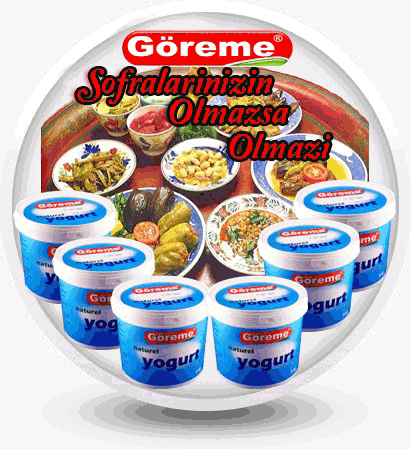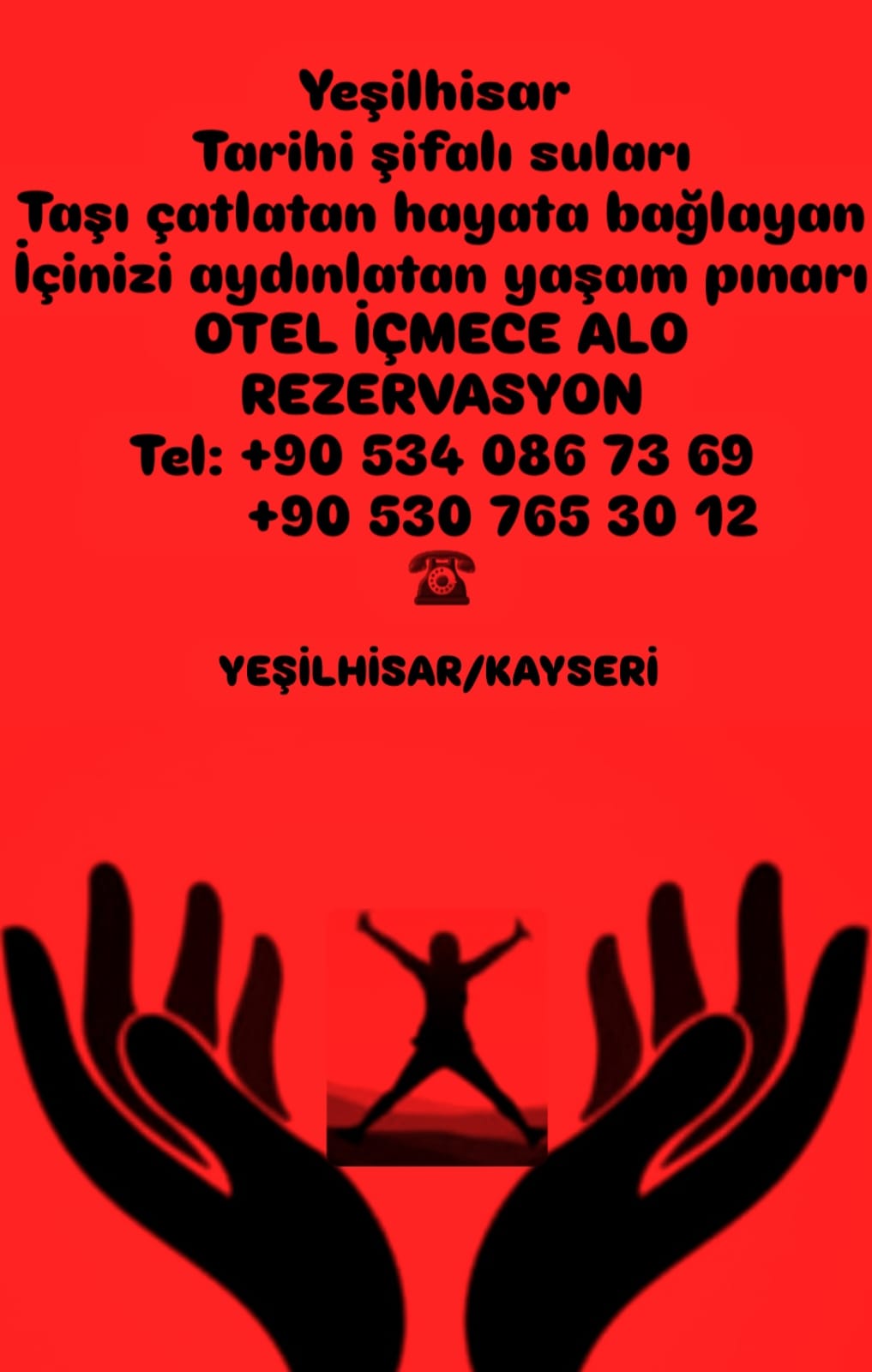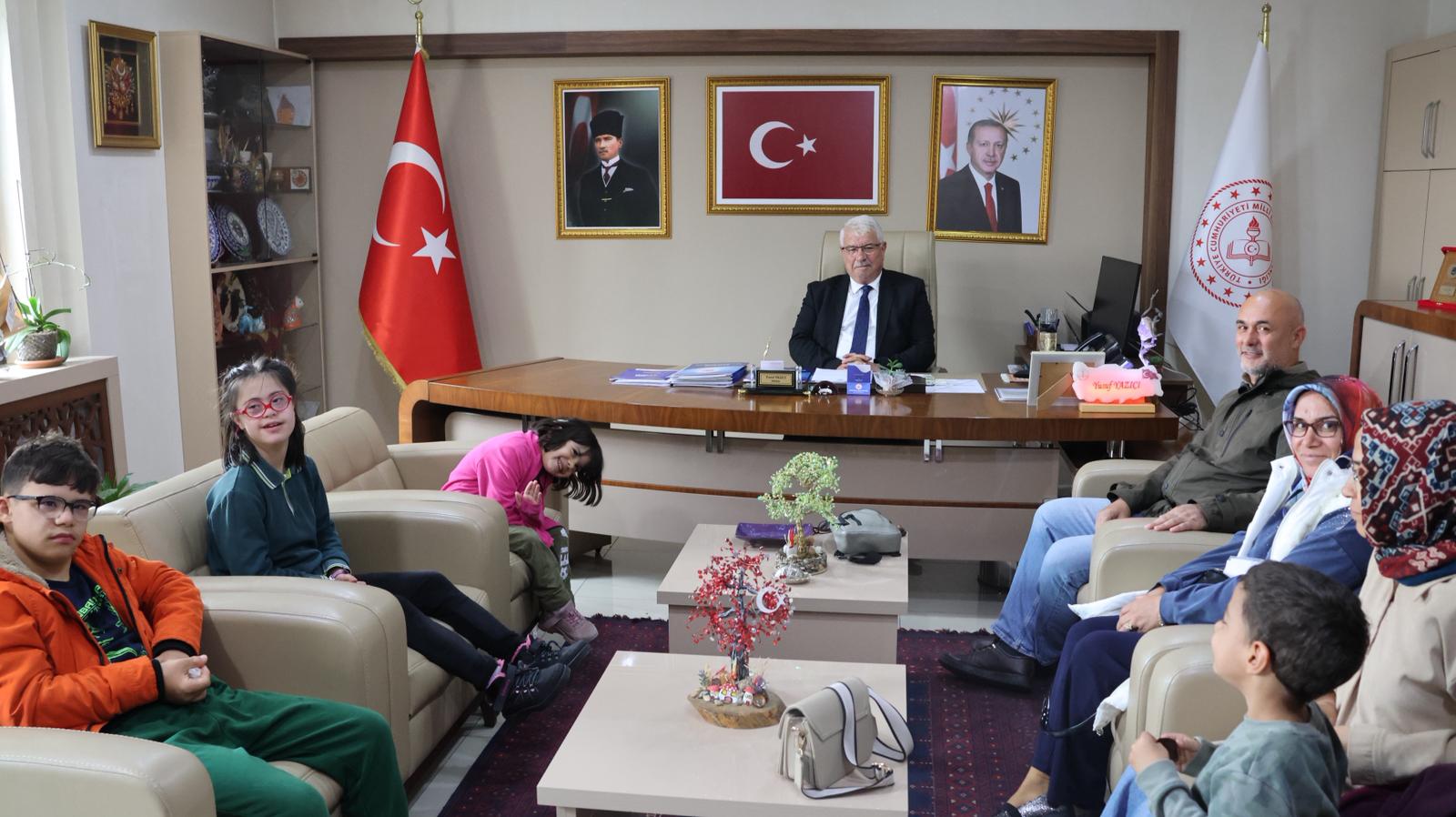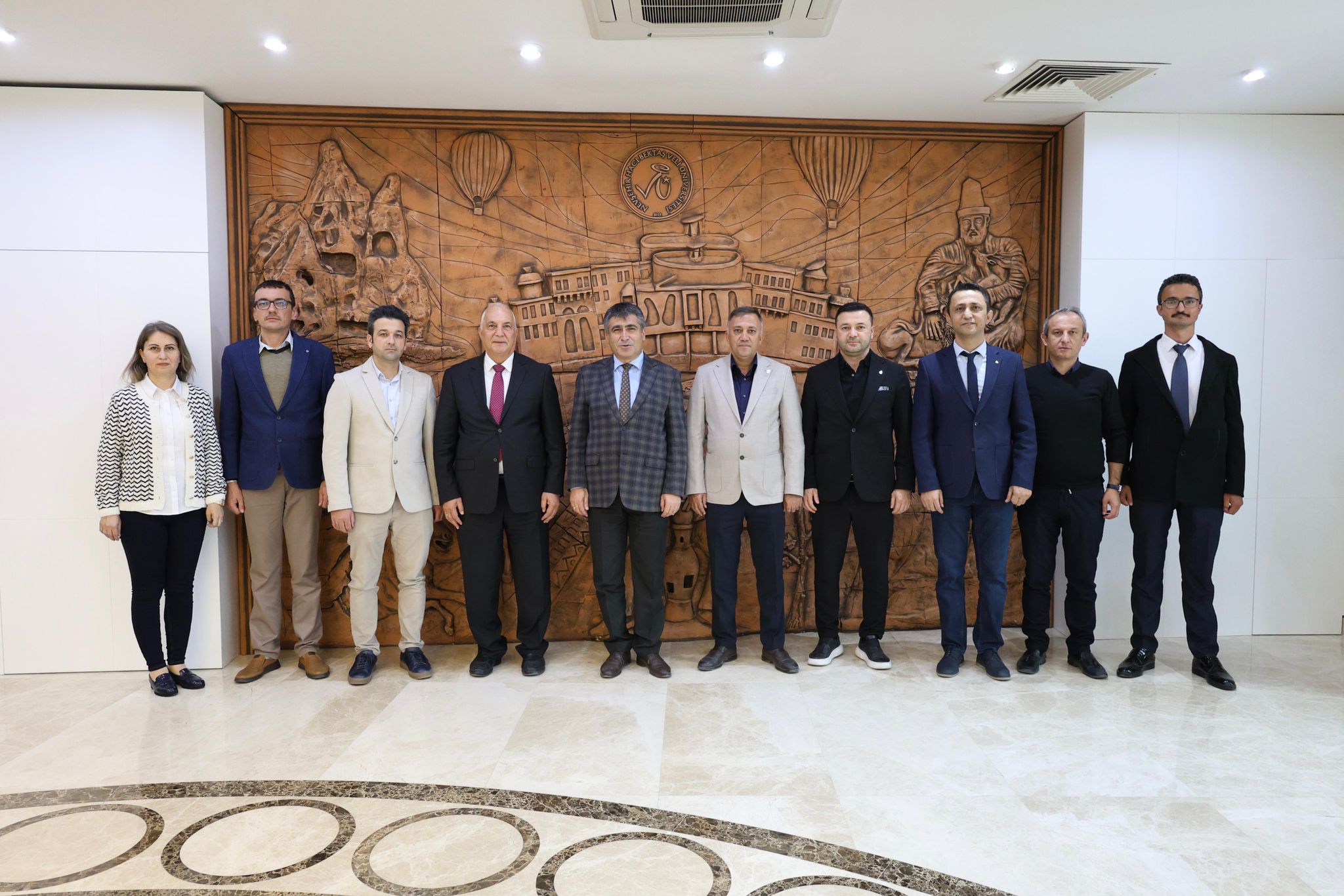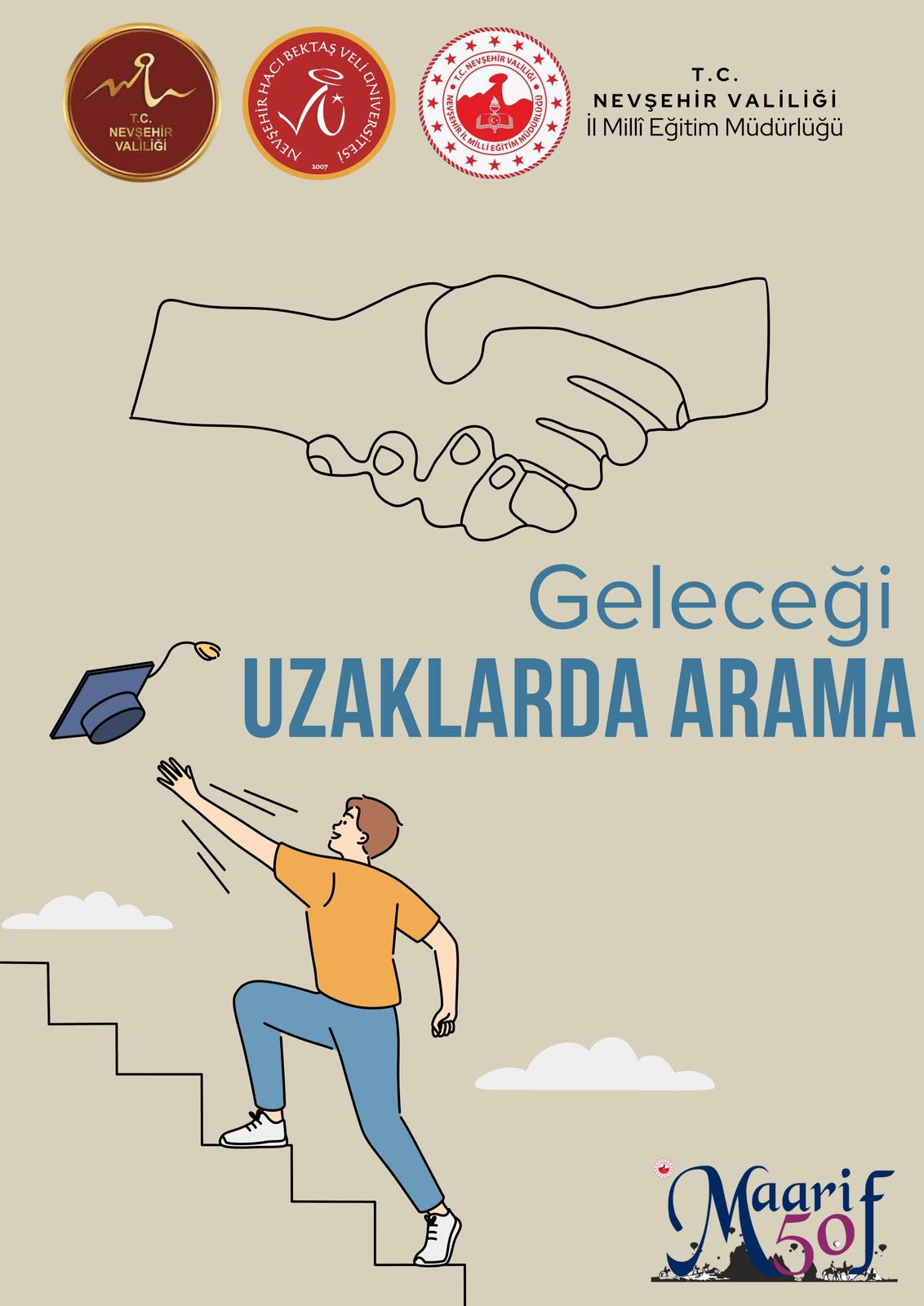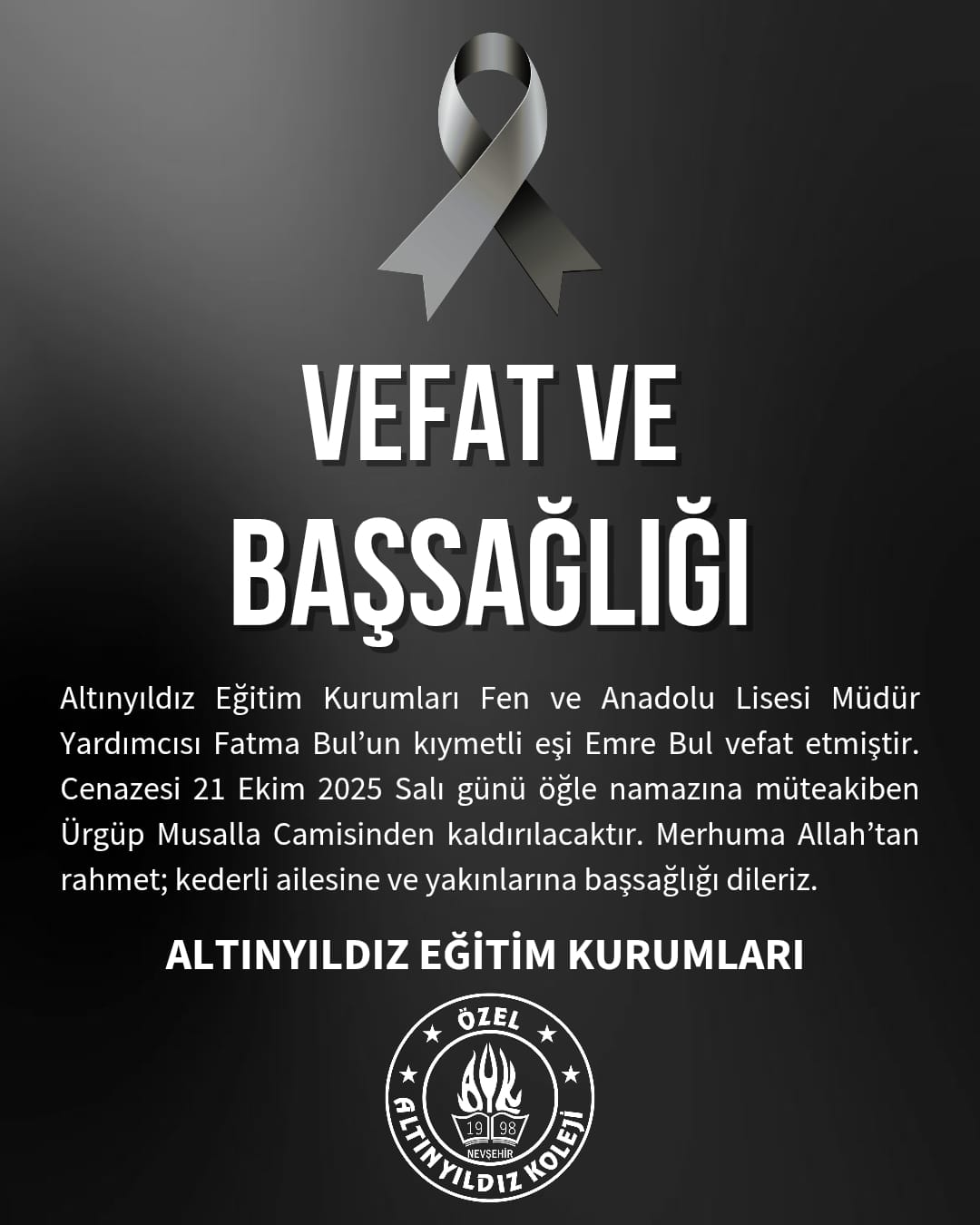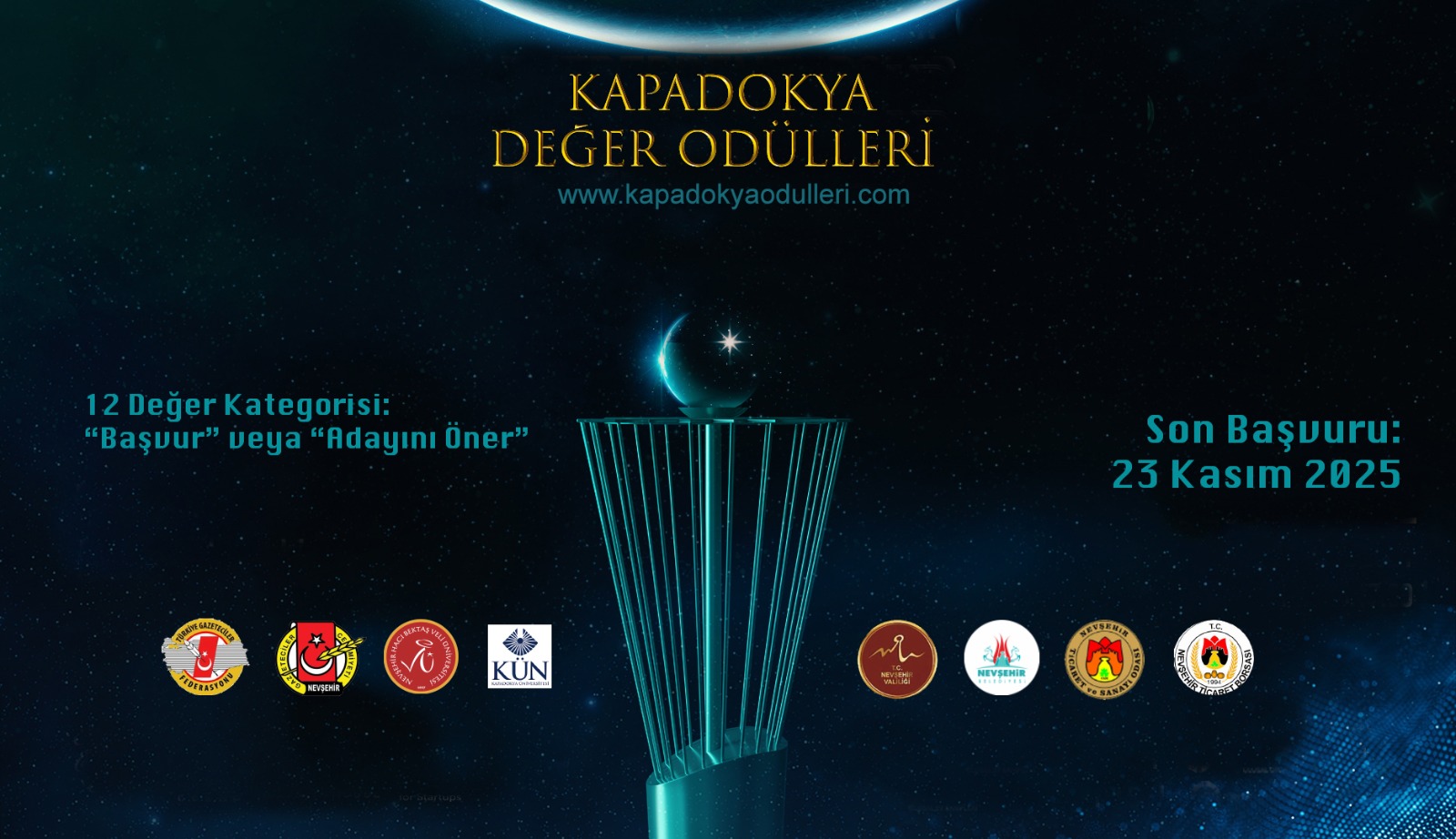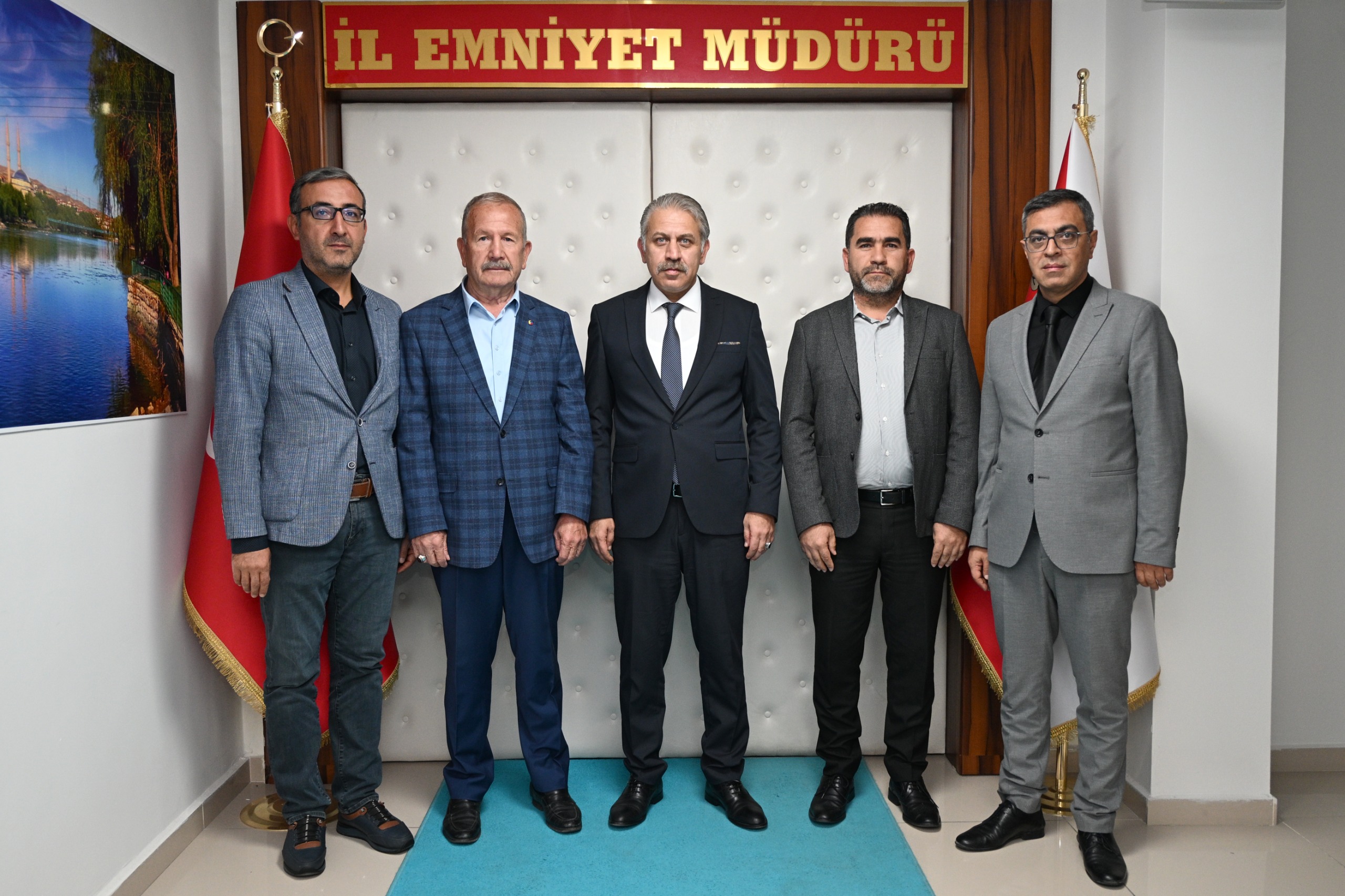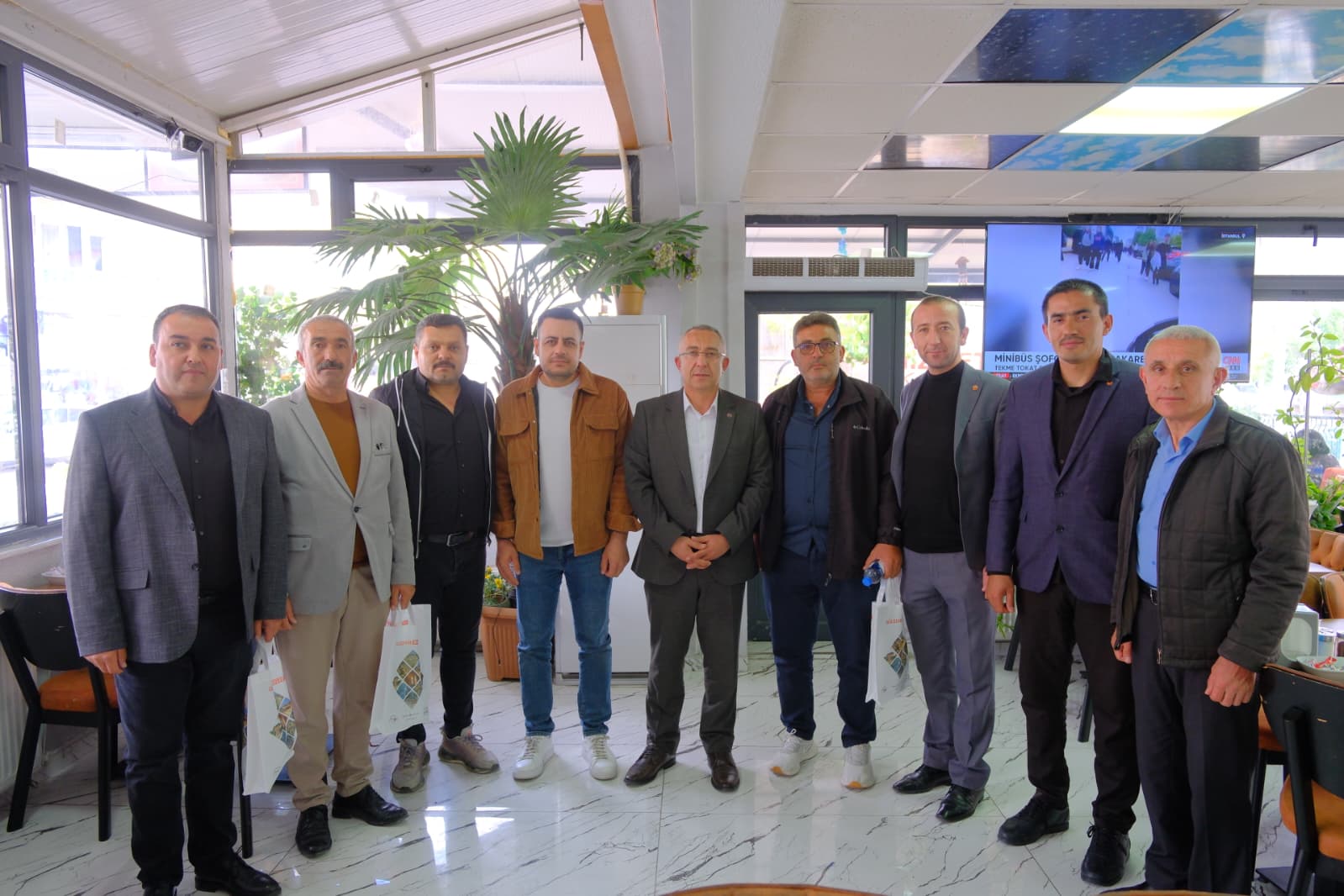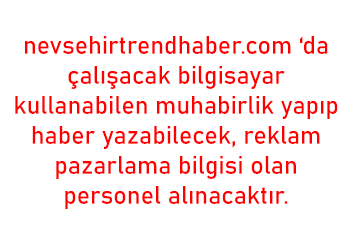
The project, Common Heritage from Tradition to Future, was built in partnership with Bulgaria(coor.), Romania, Turkey, Croatia and Greece.The project will take 24 months.The intangible cultural heritage is very fragile, if the transfer from generation to generation does not continue, it will disappear.Some elements are about to disappear anyway.However, cultural heritage unites communities, empowers people to imagine a common future; connects the present, the past and the future.
In this case, educational institutions give more place to cultural heritage issues, attract new generation, strengthen the curriculum to transfer intangible heritage elements to the next generations, and make students aware.
Our aims are to train students who will own a common heritage, to establish tolerance towards different cultures on the importance of intangible cultural heritage, to introduce our common heritage at local, national and transnational level, and increasing sensitivity, combining cultural heritage elements with entrepreneurship for sustainable development, To provide integration of open education resources, cultural heritage education by developing innovative practices, strong and effective digital materials, and to gain new knowledge and skills by developing partnership and collaboration at EU level.
Our objectives are; To develop new materials that appeal to new generations and adapt them to the curriculum to ensure the viability of the intangible cultural heritage; To transform the heritage elements into digital content for the training of younger generations, to facilitate their transfer to new generations, and to reach the next generations; To keep the cultural heritage alive by designing tourist products, to encourage students to entrepreneurship for sustainable development; To introduce our intangible cultural heritage at the local/national/international levels, to establish intercultural tolerance and dialogue, to ensure the transfer of the common heritage from generation to generation; To discover interdisciplinary formal/informal trainings and practices that will reveal the contribution of cultural heritage to social integrity, economic growth, and sustainability, to increase the knowledge and skills of students and teachers in heritage education.
Teachers and students between the ages of 9-13 will participate in the mobilities.In 2 years, there will be 100 students and 60 teachers mobility.
Main activities are; singing traditional songs, a workshop on a little school of museology, attending a performance by the Folk Ensemble Jedinstvo, visiting the Vitturi Castle of Kaštela detailing ethnography, the tradition of gingerbread making, ornamental workshop of Martenitsa,
exhibition the products in the tourist product market, creative drama, learning math with cultural heritage, preparing a short film, playing and making folkloric music instruments, recognition the “Grandmothers of Bistritsa, participating in interactive learning, opening day activities,
hands-on Marbling art, making and sharing flatbread, performing rituals, learning Rebetiko music, presentation and tasting competition of Mediterranean diet, learning the art of marble-carving, participation in a conservatory, emotion-oriented and object-oriented cultural heritage
education, learning the techniques and traditional tools of handmade Horezu ceramics, creative drama workshop, exhibition of intangible cultural heritage, photo/video contest, family dance workshop, creating an interactive map…
All schools will meet once a month with their own project team, follow the workplan, evaluate the completed activities, detail the work to be done in the next steps, and inform the coordinator of the outcome.
The results are: The project will bring the social, cultural and economic value of the intangible cultural heritage to the agenda, make it visible, attract attention, reveal its value, and raise awareness.It will encourage social participation of students, teachers, families, stakeholders.
Students’ skills of protection, collecting and presenting information, creativity, organizing ritual, respect, entrepreneurship, using foreign language communication and educational technologies will improve. Students will learn to link past, present, and future, and strive to pass on heritage elements to the next generations.Partner schools will have a curriculum that new generations need, with new practices, materials, collaboration, solidarity and European level LTTA experience; capacities of staff and institutions will increase.


Transnational knowledge, best practices and applications gained in this project will be a great experience for the participants.Teachers will use and develop these experiences through formal and informal education according to the needs and conditions of schools.The cultural heritage awareness and knowledge students need will be eliminated through the integration of exchanges of best practices and common outputs into the curriculum.
